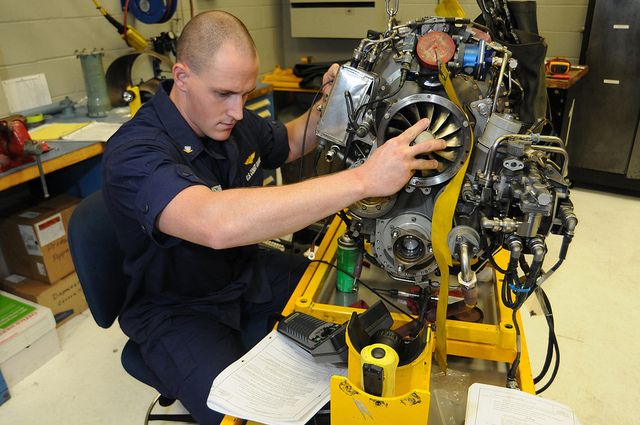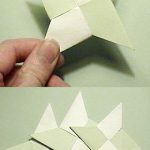Performing small engine repair usually involves replacing or cleaning a component. Small engines have different parts, so they must be looked into in different ways.
Required Tools and Materials
Set of wrenches
Screws
Screwdriver
Flashlight
User Manual
Sandpaper
Metal wire brush
Liquid metal
Fixing the Fuel Tank
If the fuel is leaking, you should examine the fuel tank for any possible leaks. Sometimes the holes are so small they are hard to see. What you should do is drain the tank.
Take it off the engine. Bring it to a dark room. Use a flashlight and look for the holes. If there isn’t one, examine the rubber fuel line.
Carburetor Problems
If you think the trouble is with the carburetor, make adjustments to the fuel / air mixture. This will vary per engine. Check the manual for information on how to adjust it. When conducting small engine repair, make the changes in increments. This will help you determine which settings are appropriate.
Fixing the Electrical System
Every small engine has a spark. This is used for firing up the air / fuel into the piston. Unhook the spark plug. Look for any signs of corrosion. Get the sandpaper or metal wire brush. Use either one to clean the spark. Put the spark back in.
Be certain the spark plug leads are linked properly. Check the spark arc; this is the metal finger enfolded below the plug’s bottom. If it is damaged, replace it.
Fixing the Combustion Chamber
The combustion chamber is comprised of the cylinder and piston. This is where the spark, air and fuel fuse together and get the piston in motion.
Examine the piston for signs of dents or other damage. Look at the cylinder wall. Ensure there is no corrosion or pits. The wall must also be smooth. Use liquid metal to fill up pits in the cylinder.
The connecting rod is between the driveshaft and the piston. Examine it for any loose connections or cracks. Replace the rod if it is damaged.
The Driveshaft
This is the part that joins the motor onto the machine’s working tool. Be certain there are no cracks on the shaft. Check the fittings; there must be no loose fittings. Replace the shaft if it is broken.
Needless to say, time and effort are needed to do small engine repair. The best way to get started is by getting familiar with the components. This will help you identify the parts and know which ones to check for damage.



